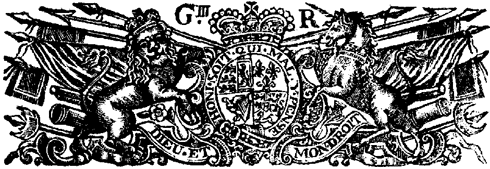

The First Foot Guards
We are a Revolutionary War
reenactment group based in Boston MA,
accurately portraying the royal household regiment that is now known as
The Grenadier Guards
From the Guards Period Language Department.
"Passing fair"
'Passing fair' or passing+adjective are common and intriguing turns of phrase. Common, but oft misused. Passing strange is another such expression. Both should be employed in your interpretive language to add the flavor of the 1700s.
Fair is derived from Old English faeger, and this sense of 'pleasing to the eye; beautiful', has remained in English, although it is no longer the most common meaning.
However, here's the difficulty: passing is an adverb that means 'surpassingly; extremely'. It intensifies the adjective just like modern-day wicked.
Passing fair thus means 'extremely beautiful', and not (as commonly used) meaning 'borderline ugly'. The problem seems to stem from the use of 'passing grades' or 'passably'. When combined with the other meaning of fair as "so-so, neither good nor bad', we begin to have a problem.
The answer is always to think of passing as surpassing. Then you shouldn't have a problem.
So the next time you jolly redcoats are a-swilling in the alehouse, and you call the comely bar-wench 'passing fair' and get your face slapped, then it's up to you to determine whether she has a poor command of the language (you just called her homely) or she is an accomplished linguist (and resents your advances).
You be the judge.
10661066 Private Marsden
(with assistance from the Random House Dictionary)
Go
to
"This Date in History"
Click
Go to
"Interesting Articles"
main page
Click
Go to
}